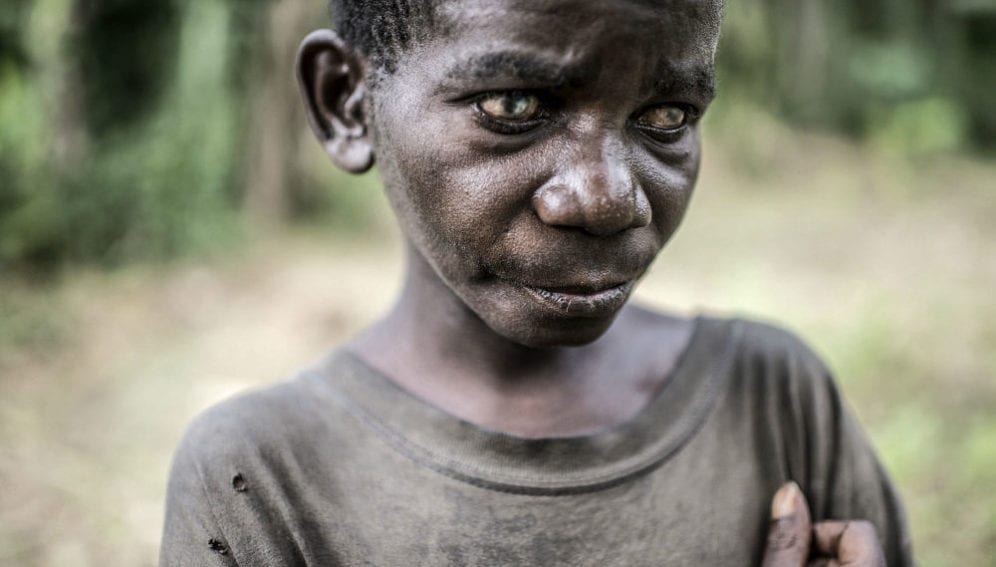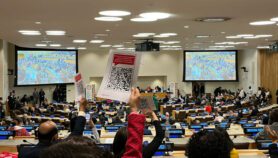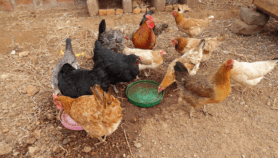By: Francis Kokutse
Send to a friend
The details you provide on this page will not be used to send unsolicited email, and will not be sold to a 3rd party. See privacy policy.
[ACCRA] Ghana has eliminated trachoma — the global leading cause of infectious blindness — and has thus made history to be the first African country to do so, says the WHO.
About 190 million people are at risk of the disease in 41 countries, with nearly two million people suffering from blindness or visual impairment resulting from the disease, according to the WHO.
“It’s been 20 years since the global health community committed to eliminating trachoma worldwide,” says Tedros Adhanom Ghebreyesu, the WHO director-general, in a statement released this month (13 June). “Although there’s more work to do elsewhere, the validation of elimination in Ghana allows another previously heavily-endemic country to celebrate significant success.”
“We moved into the communities to engage them in health education especially against open defaecation.”
Benjamin Marfo, Neglected Tropical Diseases Unit, Ghana Health Service
Ghana-based Agatha Aboe, global trachoma advisor of Sight Savers, a non-governmental organisation involved in the fight against the disease, tells SciDev.Net that Ghana’s achievement is a welcome news to the people of the North and Upper West regions of the country where over two million people could have become blind if they had been infected with the disease.
The disease was endemic in dry and dusty parts of the two regions that lack proper road networks.
Aboe says that the disease made it difficult for some children to come out of their homes because they could not face the sun, thus affecting their education.
Benjamin Marfo, acting programme manager of Neglected Tropical Diseases Unit, Ghana Health Service, tells SciDev.Net that in order to fight the disease, the government put in place a special programme in 2009 involving surgery of those affected, facial and environmental cleanliness, and providing antibiotics in all the 37 endemic districts in Northern and Upper West regions.
Marfo says that the government collaborated with many non-governmental organisations to provide latrines and safe drinking water for communities at risk to help fight trachoma. “We moved into the communities to engage them in health education, especially against open defaecation because the flies that carry the parasites feed on human excreta,” he says.
Marfo explains that African countries such as Benin, Burkina Faso, Cameroun, Cote d’Ivoire, Eritrea, Uganda and Zimbabwe that are still fighting the disease should ensure environmental cleanliness as well as provide safe water in areas where the disease is endemic.
"There must be mass drug administration in case there is an outbreak," Marfo adds.
Fusseina Alhassan, a 45-year-old woman from Ghana’s Northern region, says that the news about Ghana’s achievement has ended her fears that her nephews and nieces may have to stop their education because of the disease.
Alhassan says that the elimination of the disease could also positively impact farming.
“My late father suffered blindness because of this disease and l still feel the pains he went through. A strong man who went to the farm on his own but later had to remain at home doing nothing because he lost his sight,” she adds.
This piece was produced by SciDev.Net’s Sub-Saharan Africa English desk.














